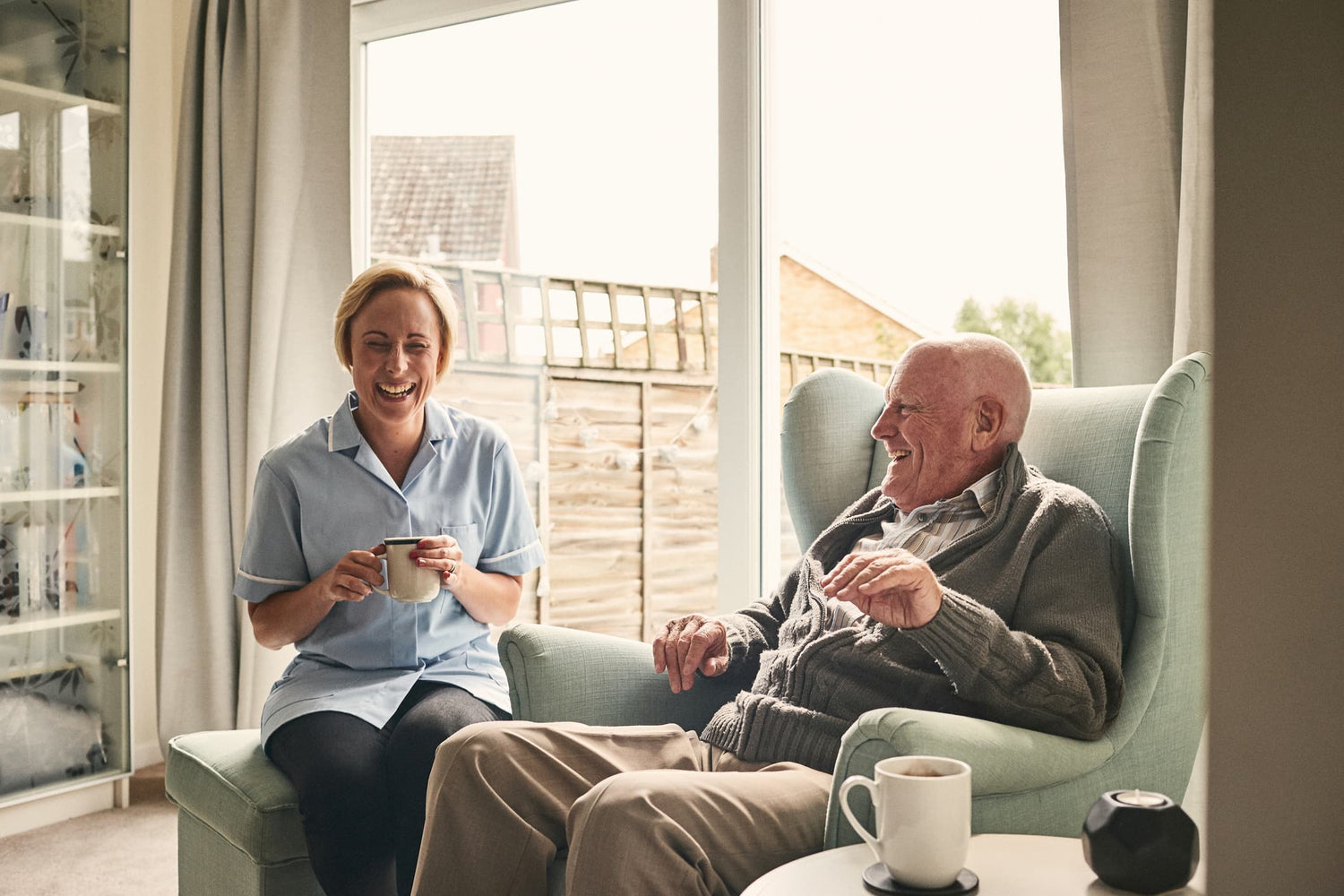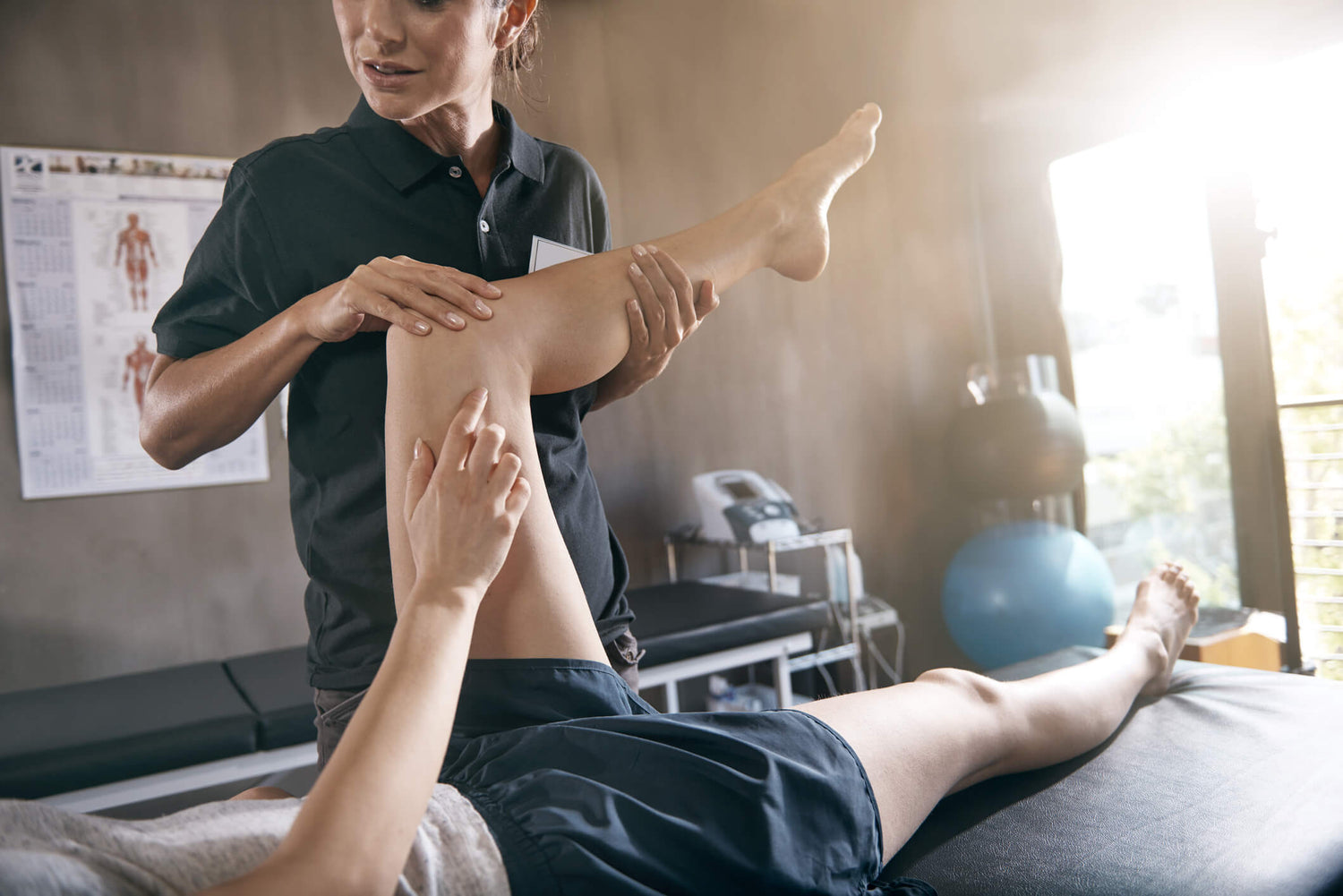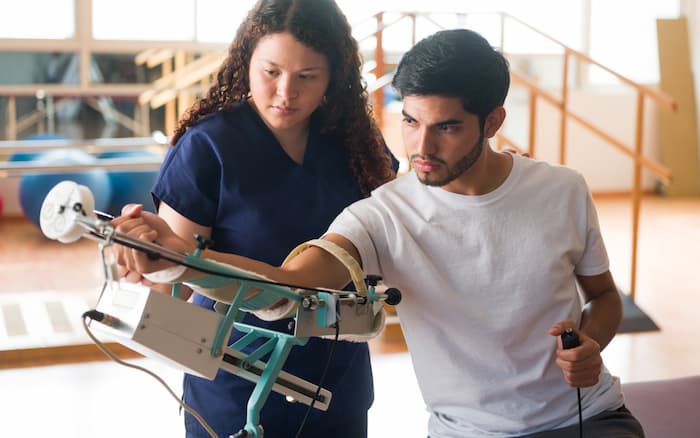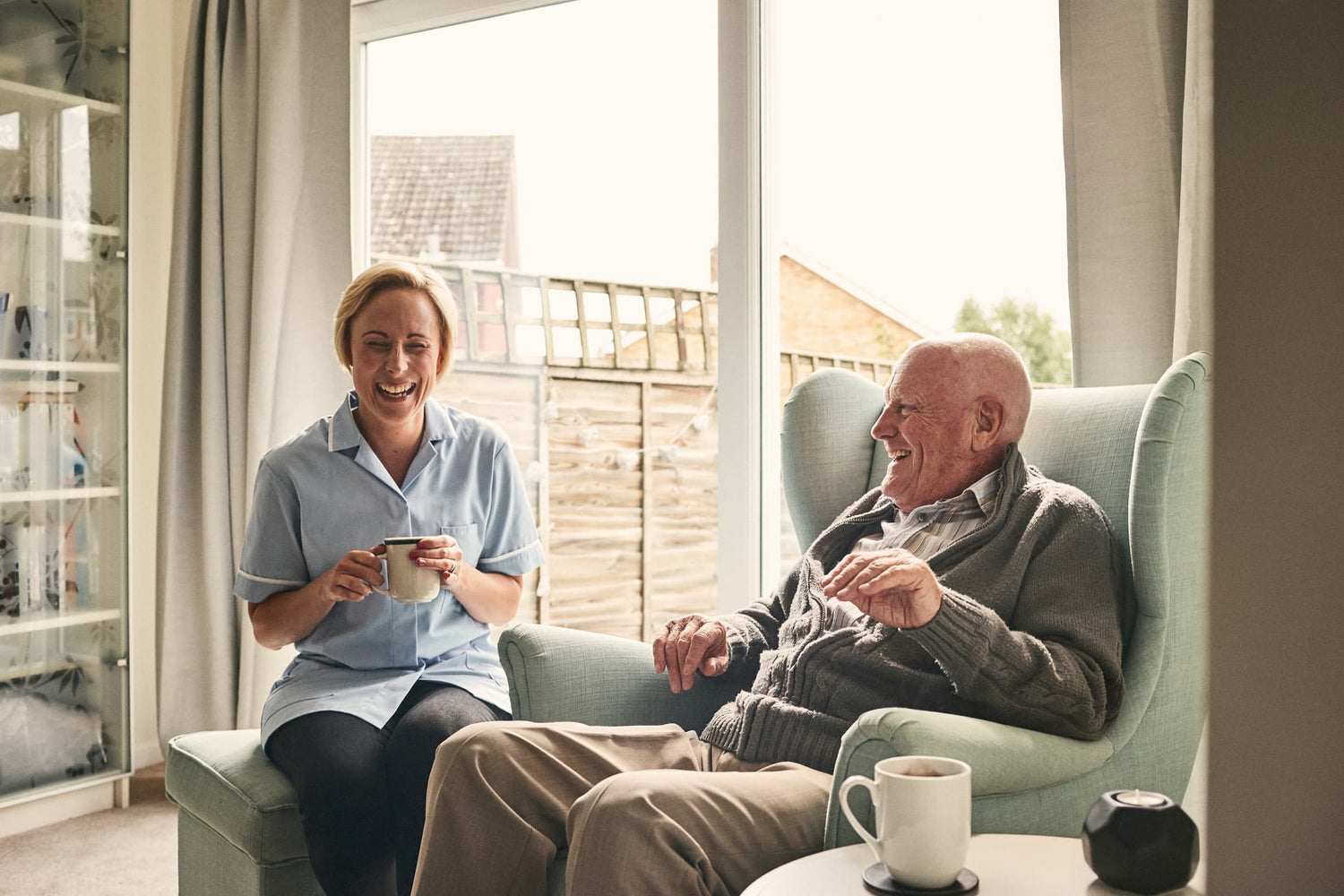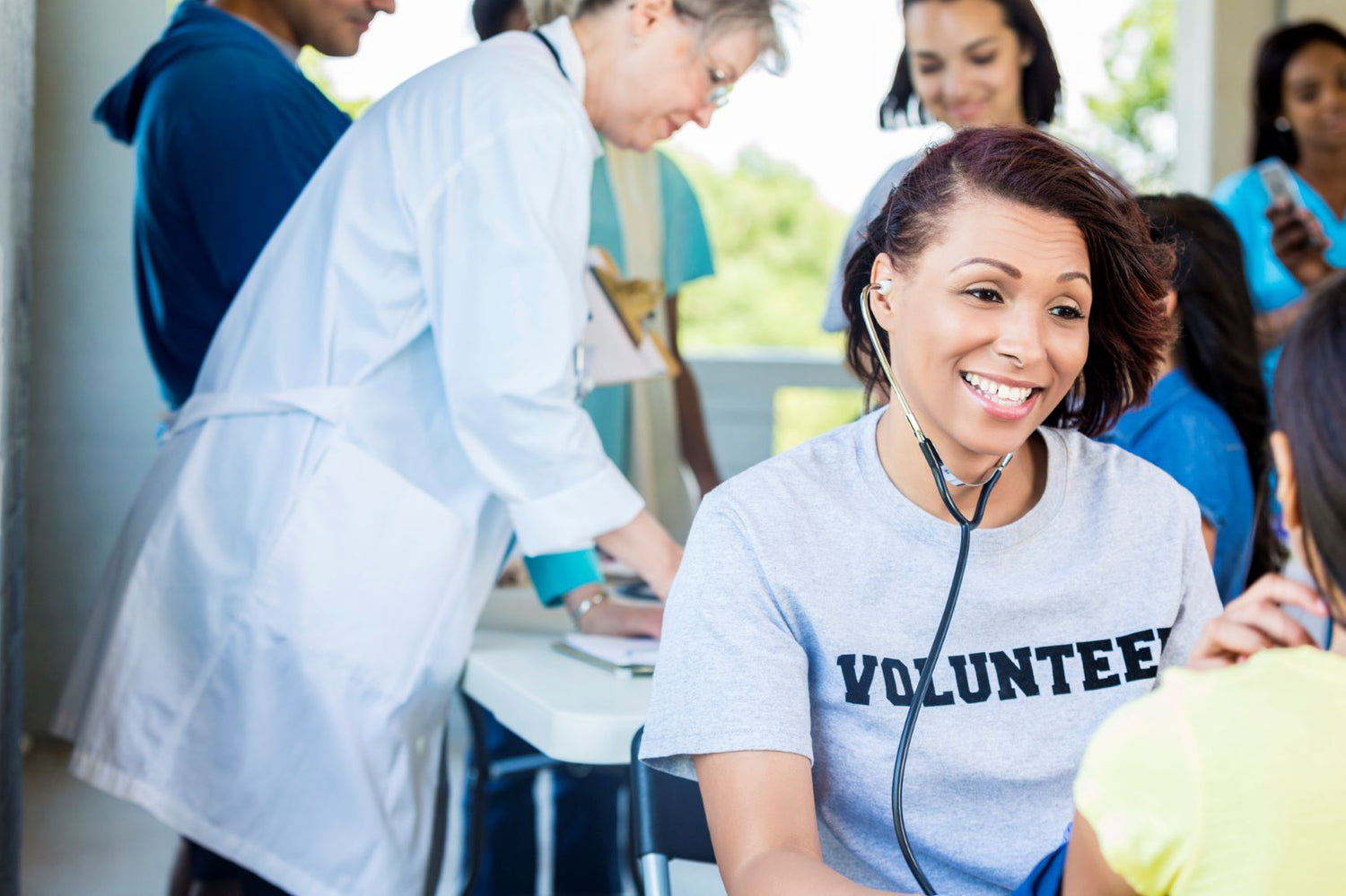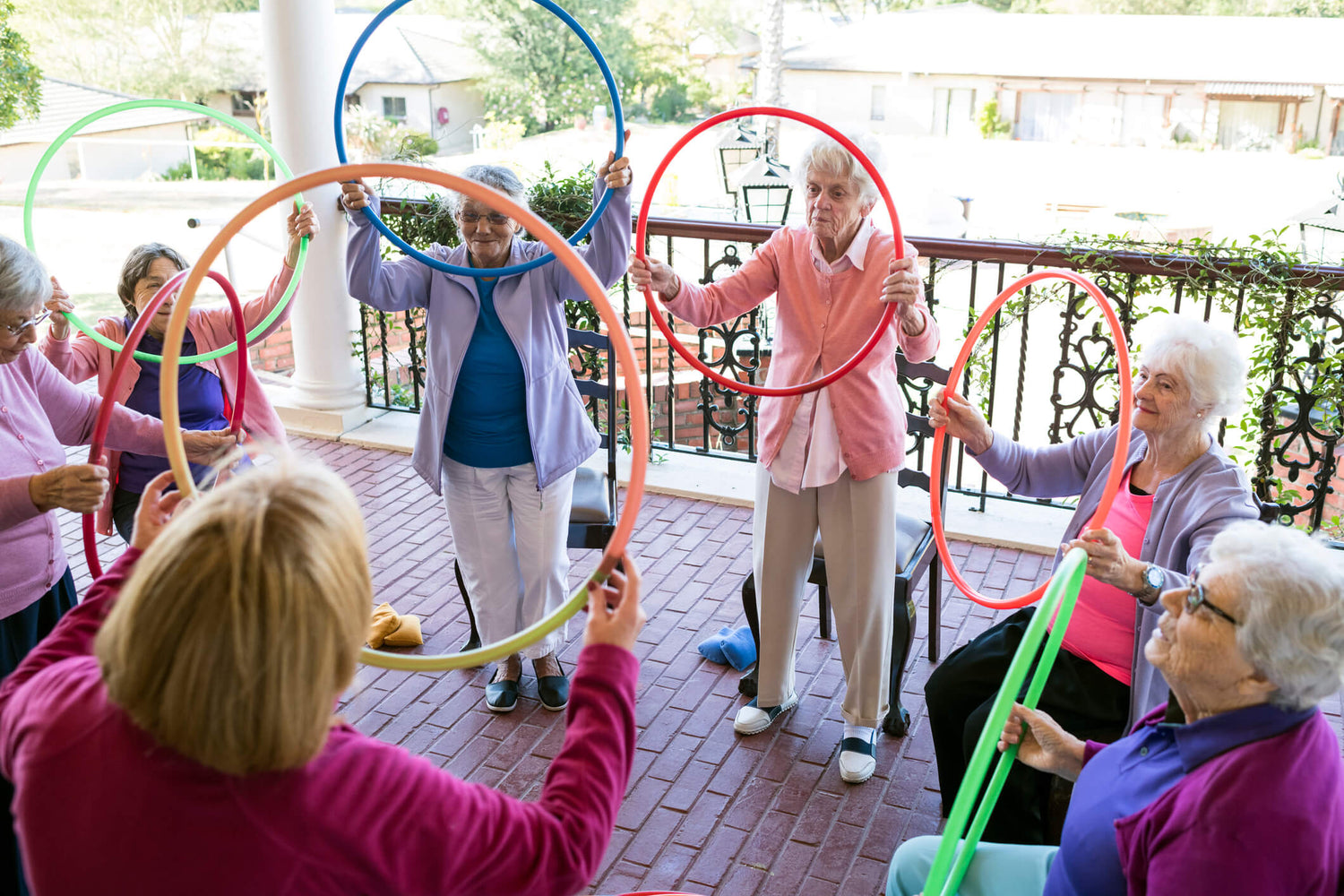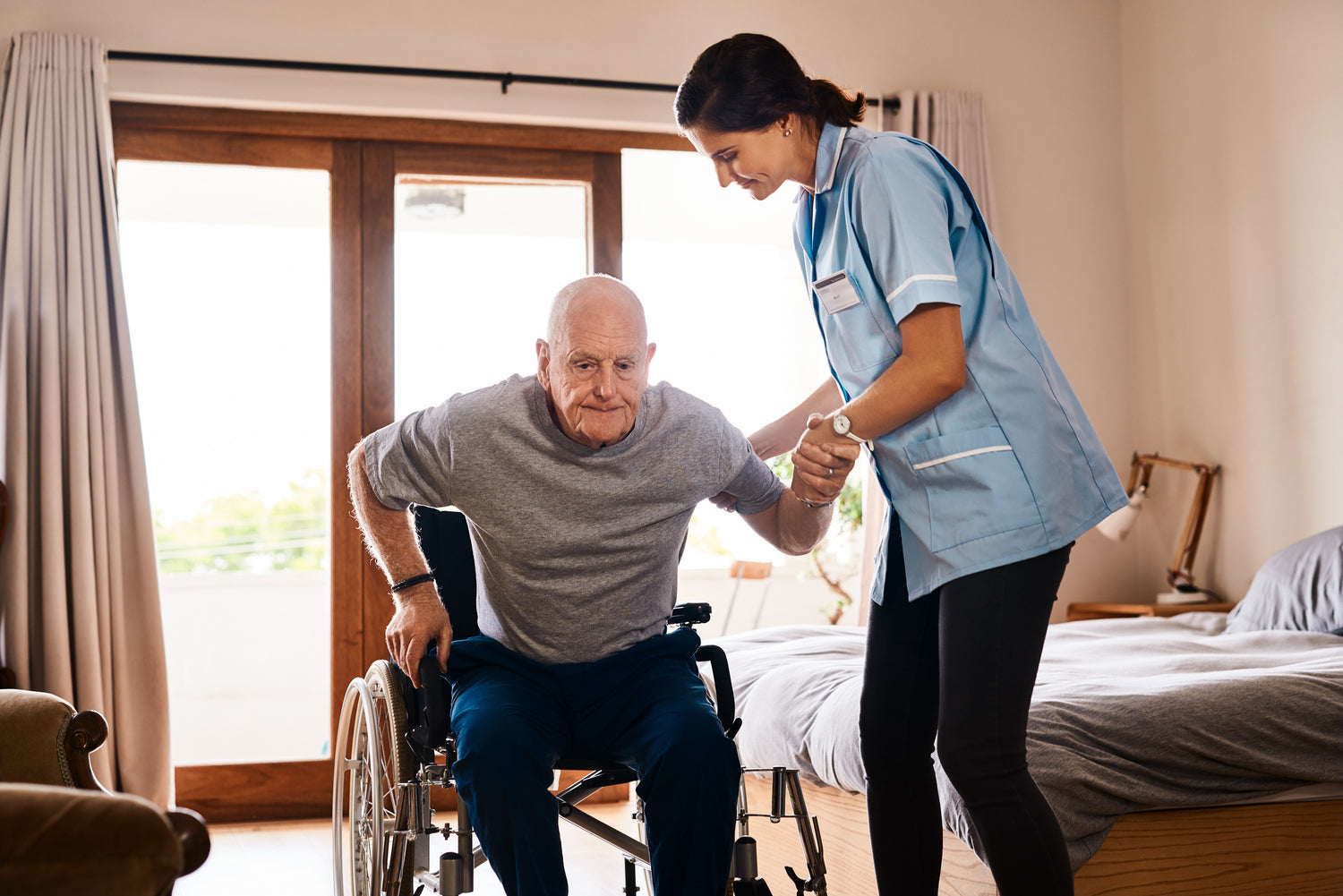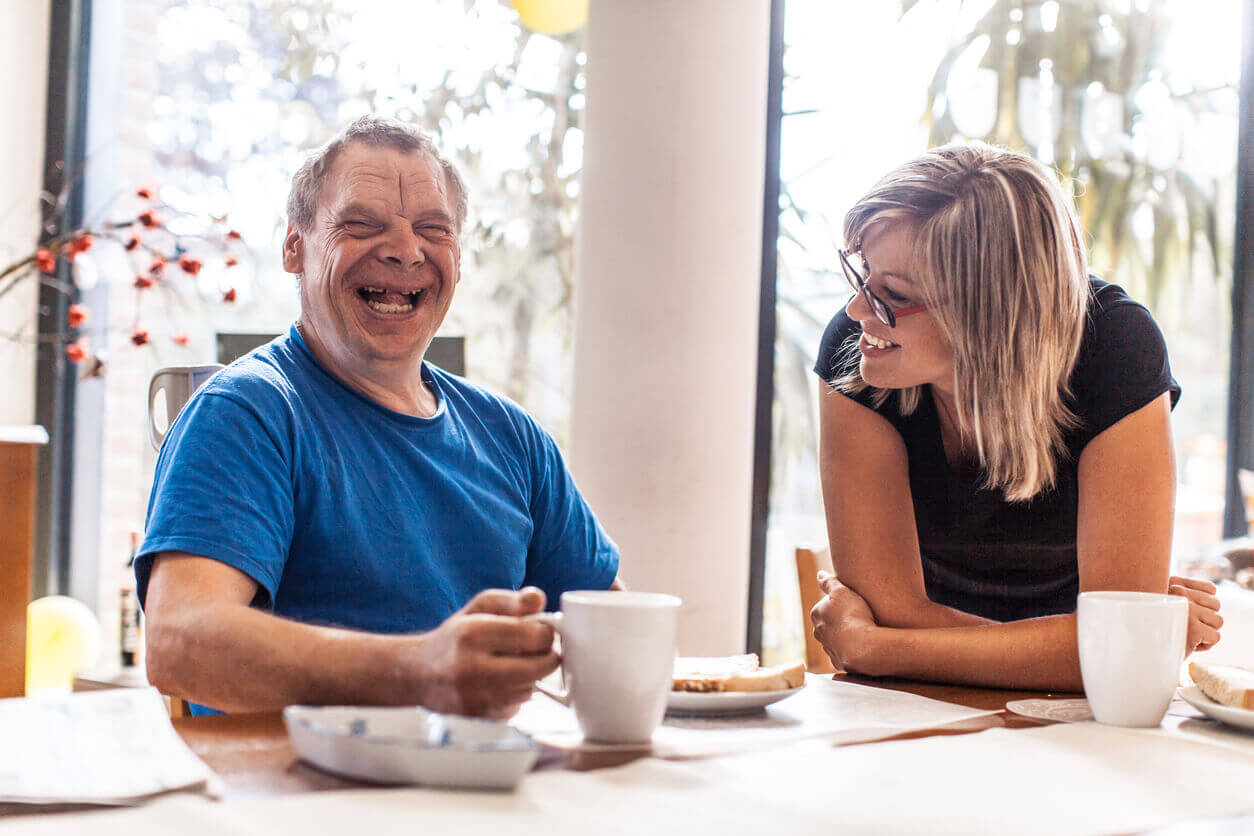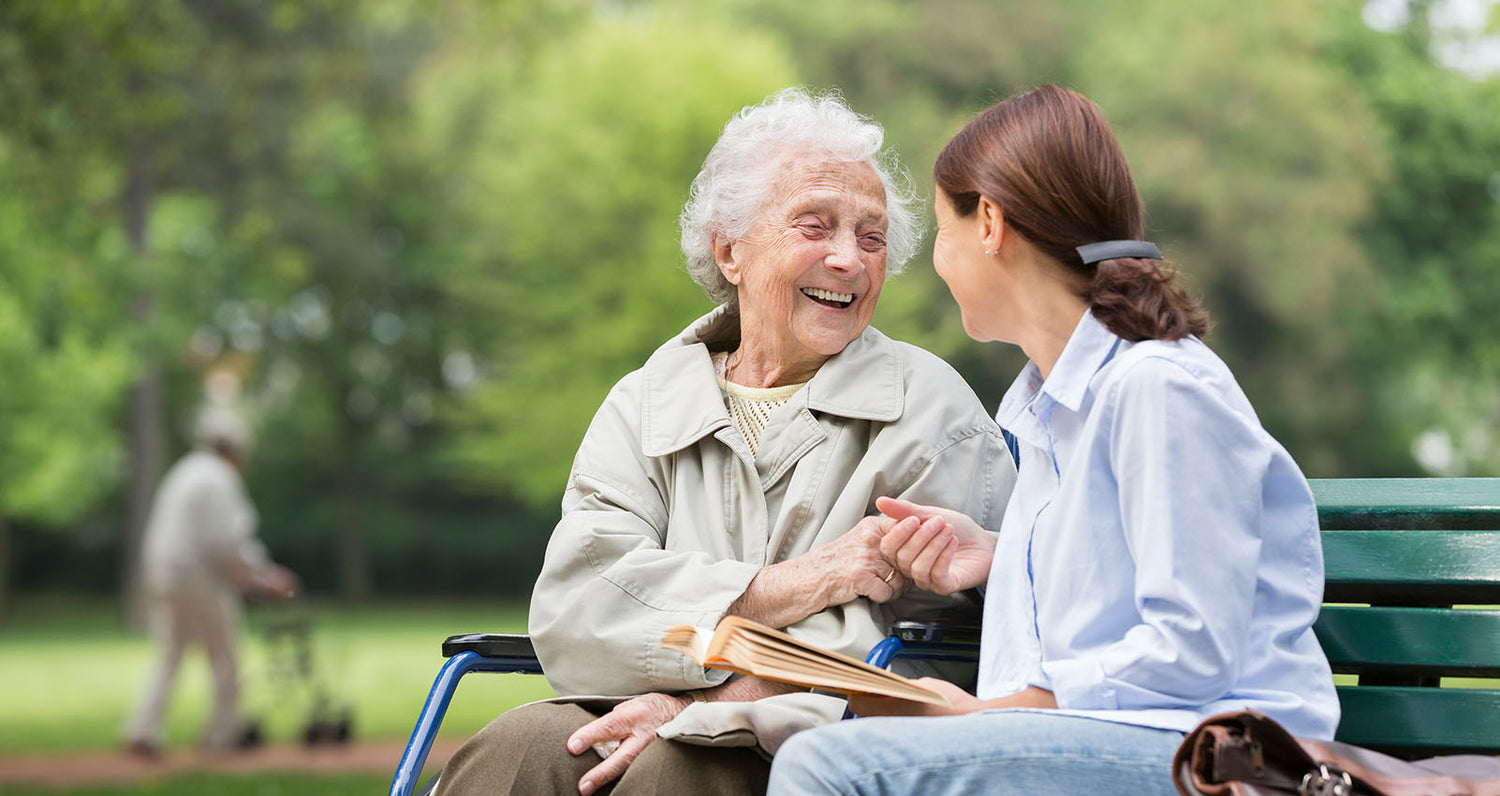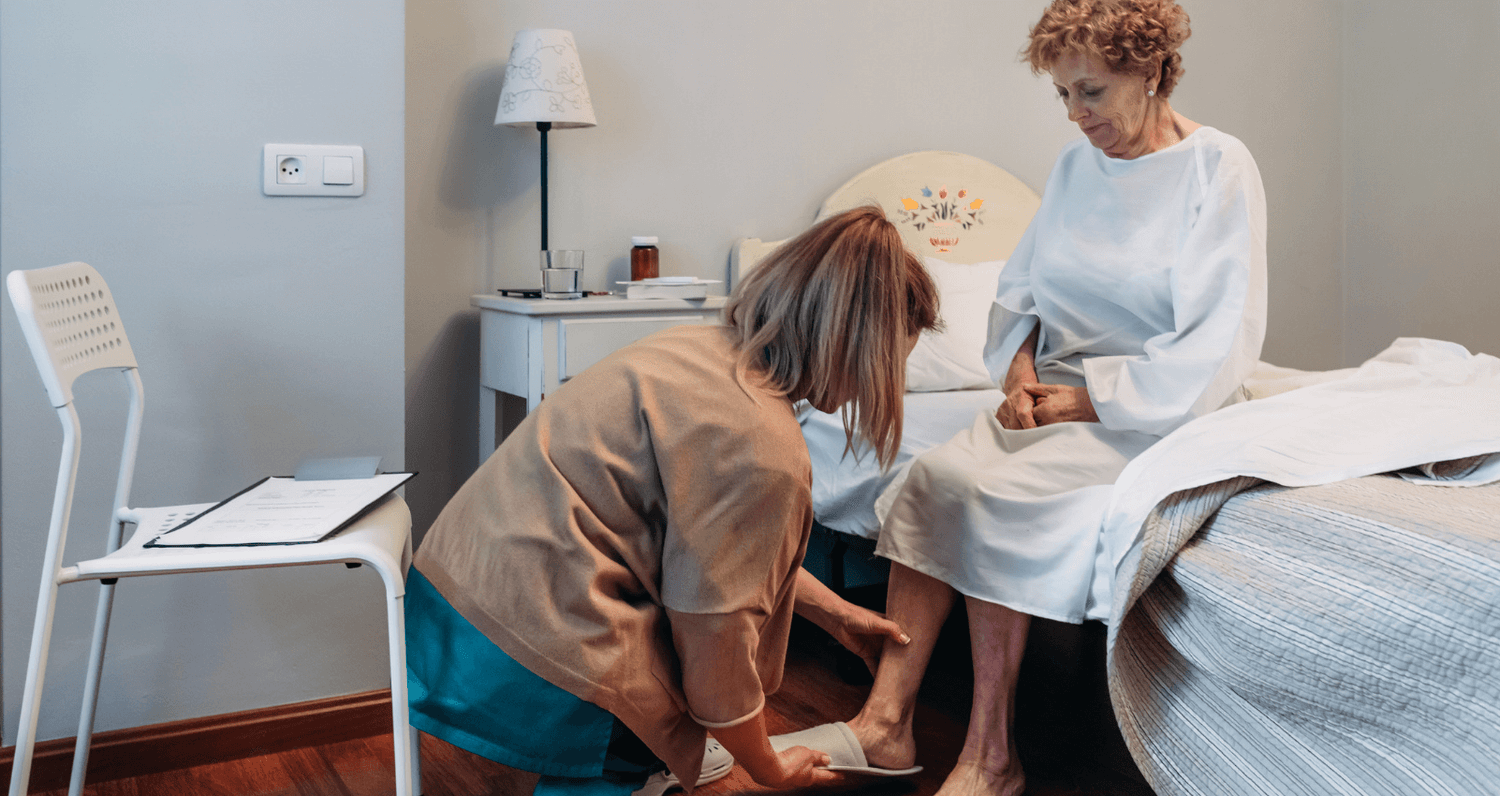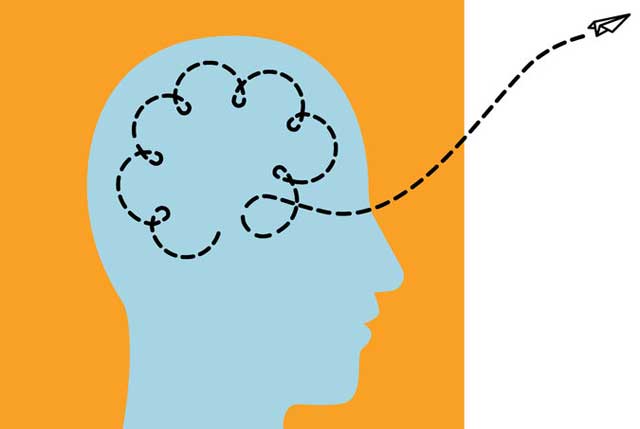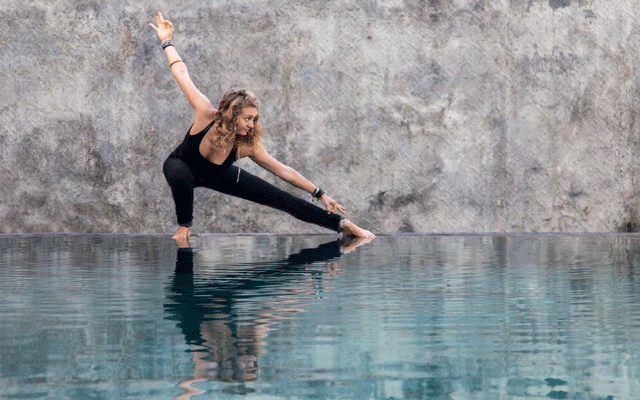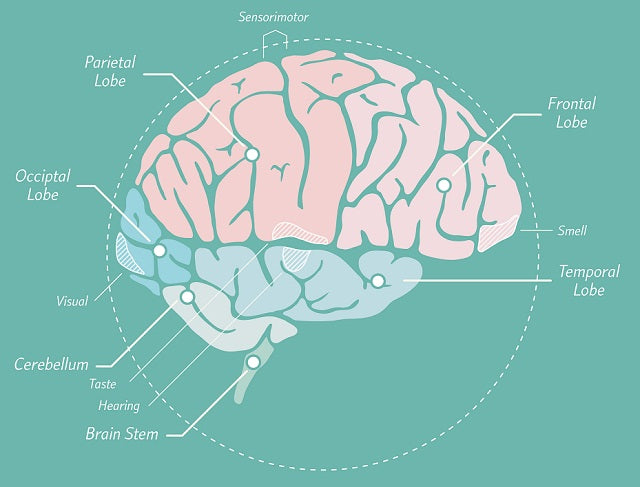Care Assistant
Care Assistants play a vital role in improving the quality of life for individuals who need assistance due to age, illness, or disability. Working in settings such as private homes, assisted living facilities, and healthcare institutions, they provide both practical care and emotional support. With an ageing population, the demand for skilled caregivers continues to rise, offering strong job security, flexibility, and career advancement opportunities. Many Care Assistants complete a Certificate III or IV, ensuring they are well-equipped to thrive in this rewarding field. These careers offer the chance to make a meaningful impact while enjoying job stability and personal fulfilment.
Ready to take the next step? Explore online courses or vocational programs to start your journey in Healthcare sector.
Explore your career as an:
- Aged Care Worker
- Disability Support Worker
- Community Services Worker
- Nursing Assistant
- Personal Care Assistant
- Personal Care Worker
- Patient Care Assistant
- Recreation Activities Officer
- Residential Care Officer
- Family Support Worker
- Youth Worker
- Counsellor
- Dental Assistant
- Dental Practice Manager
- Ward Assistant
- Mental Health Officer
- Case Worker
- Drug & Alcohol Worker
- Therapy Assistant
- Physiotherapy Assistant
- Occupational Therapy Assistant
- Community Services Manager
- Outlook
- Duties
- Blogs
The role of a Care Assistant, offers a fulfilling career with increasing demand, particularly due to an ageing population. Care Assistants provide essential care, including assistance with daily tasks, medication management, and mobility support, in settings such as homes and care facilities. The job offers meaningful work, with many care assistants finding satisfaction in enhancing the quality of life for their clients. As demand continues to grow, opportunities for career advancement and specialisation are expanding, making it a highly rewarding career choice.
Gender Split
Employment by State
Highest Level of education (%)
Age Brackets
What can you expect from working as a Care Assistant?
A Personal Care Assistant plays a vital role in enhancing the quality of life for individuals by providing compassionate support and assistance with daily living activities. This comprehensive support helps individuals maintain their independence and enhances their overall quality of life. Key duties include:
- Personal Hygiene: Assisting with bathing, grooming, and dressing to maintain personal cleanliness and comfort.
- Mobility Support: Helping clients move safely, including transfers from bed to chair and walking assistance.
- Meal Preparation: Preparing nutritious meals and assisting with feeding, ensuring dietary needs are met.
- Medication Management: Administering medications as prescribed and monitoring for any side effects.
- Housekeeping: Performing light housekeeping tasks to maintain a clean and safe living environment.
- Companionship: Offering emotional support and companionship to promote social engagement and mental well-being.
- Health Monitoring: Observing and reporting any changes in health conditions to family members or healthcare professionals.
- Toileting Assistance: Helping with toileting needs and incontinence care with dignity and respect.
- Transportation Support: Assisting with shopping, errands, and providing transportation to appointments.
- Safety Assurance: Ensuring the client’s living space is safe, comfortable, and conducive to their needs.
*The information on this page is sourced from the Jobs and Skills Australia website, based on their occupational data collected in May 2024. Where job titles may not be exact matches, related job areas have been used. This data is intended as a guide only.
How to become a Care Assistant?
To become a Care Assistant or Care Assistant, you typically need a high school diploma and relevant training, which can be obtained through online courses or Vocational Education and Training (VET) programs. These educational pathways provide essential skills and knowledge, making it easier to start a rewarding career in the healthcare sector.
Certificate IV in Ageing Support


-
Flexible payment options
-
Study to fit into your routine
-
Nationally recognised accreditation
-
Start studying as soon as you enrol
-
No exams, ever.
Certificate III in Individual Support (Disability)


-
Flexible payment options
-
Study to fit into your routine
-
Nationally recognised accreditation
-
Start studying as soon as you enrol
-
No exams, ever.
Certificate III in Individual Support (Ageing and Disability)


-
Flexible payment options
-
Study to fit into your routine
-
Nationally recognised accreditation
-
Start studying as soon as you enrol
-
No exams, ever.
Certificate IV in Disability Support


-
Flexible payment options
-
Study to fit into your routine
-
Nationally recognised accreditation
-
Start studying as soon as you enrol
-
No exams, ever.
Certificate IV in Ageing Support


-
Flexible payment options
-
Study to fit into your routine
-
Nationally recognised accreditation
-
Start studying as soon as you enrol
-
No exams, ever.
Certificate III in Individual Support (Disability)


-
Flexible payment options
-
Study to fit into your routine
-
Nationally recognised accreditation
-
Start studying as soon as you enrol
-
No exams, ever.
Certificate III in Individual Support (Ageing and Disability)


-
Flexible payment options
-
Study to fit into your routine
-
Nationally recognised accreditation
-
Start studying as soon as you enrol
-
No exams, ever.
Certificate IV in Disability Support


-
Flexible payment options
-
Study to fit into your routine
-
Nationally recognised accreditation
-
Start studying as soon as you enrol
-
No exams, ever.
Certificate IV in Ageing Support


-
Flexible payment options
-
Study to fit into your routine
-
Nationally recognised accreditation
-
Start studying as soon as you enrol
-
No exams, ever.
Certificate III in Individual Support (Disability)


-
Flexible payment options
-
Study to fit into your routine
-
Nationally recognised accreditation
-
Start studying as soon as you enrol
-
No exams, ever.
Certificate III in Individual Support (Ageing and Disability)


-
Flexible payment options
-
Study to fit into your routine
-
Nationally recognised accreditation
-
Start studying as soon as you enrol
-
No exams, ever.
Advance your career with Accredited Online Courses
Gain industry-recognised qualifications with our flexible online courses in Australia. Study at your own pace and achieve your career goals from the comfort of your home.





